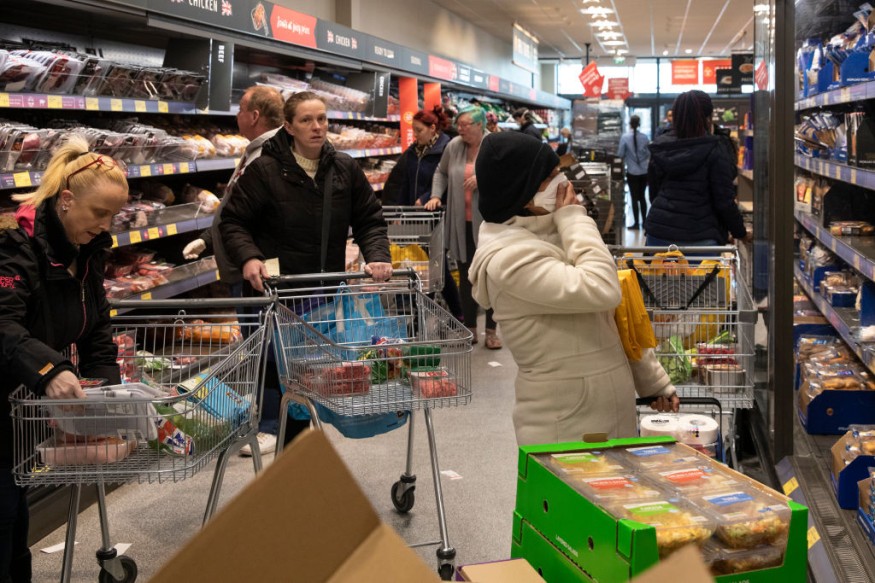Experts theorize that the world will run out of food resources after 27 years from today. This estimation is part of a wider guess in which the world would be depleted from many of its natural supplies in the near future.
Food Resource and Climate Change

Throughout the history of research on climate change and other environment-related crises, many people are becoming aware of our planet's state regarding food resources. Populations being knowledgeable about basic to severe casualties associated with these problems are already growing today.
Because of the technologies we have today, the negative scenarios brought by the damaging changes to Earth and its resources can now be clearly witnessed even before it happens.
Many of the recent studies regarding climate change and global warming demonstrate how our planet's food resources will end up when human-induced activities continue to carry out for the following decades.
Up to this date, records from natural ecosystems and living biodiversity are gradually declining, and this poses an actual risk to the foods we eat today.
Alongside farmlands and other natural food resources, ice structures in both the north and south hemispheres (which regulate Earth's climate for natural food production) do not stop melting, and populations of several animal species in many parts of the world, including some of our favorite seafood, are still pushed to extinction.
Food resources are among the essential factors that bring us to function. However, it would be also one of the largest aspects that will be affected whenever the negative changes in climate proceed to carry out.
ALSO READ : Salt-Adjusting Chopsticks with Electric Simulation Developed in Japan for Low-Sodium Intake
27 Years Until Earth's Food Supply Completely Disappear
According to a recent estimate, scientists found that it would only take 27 years for all our food to disappear completely. This means that the food crisis could start anytime soon if climate change and global warming persevere.
As of Sunday, April 24, the 'doomsday countdown' presented that humanity only has limited time left to keep things right, measuring exactly 27 years and 251 days until the depletion of all resources.
Renowned sociobiology specialist Edward Wilson explained that, due to the unstoppable depletion, humans might need to acquire two planets in order to have substantial resources and continue living.
According to a report by Daily Star, Wildon said that our planet has a limit on feeding humanity. According to the expert, the total number of Earth's farmlands would not suffice for our food demands in the future, even if every single person in the world unites to shift to veganism.
Modern initiatives to match the world's food demands would not be able to cater to the surging populations. Since 2017, the food demand has increased by 70 percent, as the total number of living people has already reached almost 10 billion.
Wilson said that this current population already reached the maximum limit that Earth can feed. Any further adjustments would be improbable due to Earth's absolute constraints, the expert continued.
Studies also emphasize excessive food production as well as food waste each day. Expert Julian Cribb explained that a global crisis can occur faster than the effects of climate change.
Combining the destruction of resources such as land, energy, and water with the increase in human demand due to exploding populations, a global food shortage could happen as soon as 2050, Cribb added.
RELATED ARTICLE : Experts Weigh Benefits and Disadvantages of Plant-Based Fake Meats
Check out more news and information on Food in Science Times.
© 2026 ScienceTimes.com All rights reserved. Do not reproduce without permission. The window to the world of Science Times.











